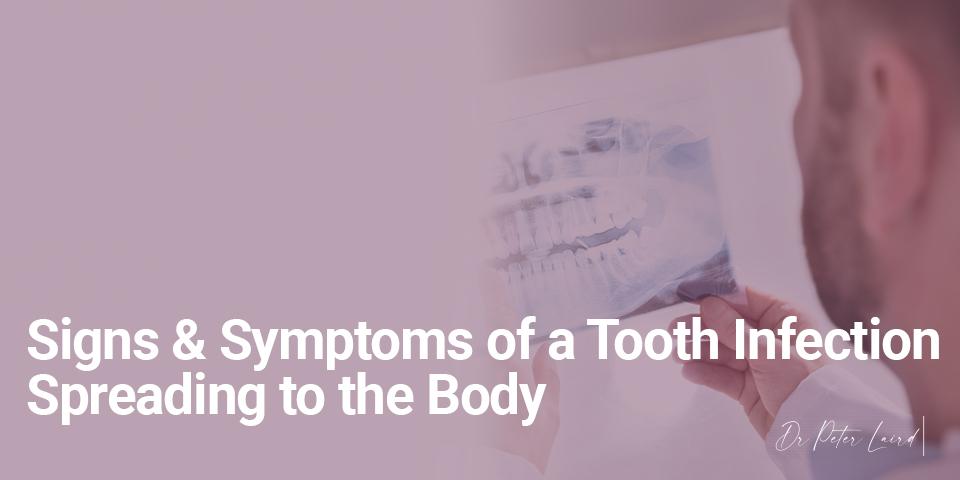Tooth infections can spread to other parts of the body. If not treated properly, it will result in serious and potentially life-threatening complications. A person should seek treatment for an abscess or tooth infection as soon as possible to reduce the risk of complications.
We’ll look at what happens if a tooth infection spreads in this article. We also offer advice on how to treat and avoid tooth infections. Visit Dentist in Hawthorn for more information.
What Is a Tooth Abscess?
First and foremost, let’s define a tooth abscess. Simply put, it’s a pus-filled pocket in your tooth. Though it can appear anywhere on your tooth, it is most commonly seen at the root’s tip. A tooth abscess usually doesn’t get too bad if it’s treated properly. The dentist will drain the infection. It may require a root canal to save the tooth. A root canal is not the most enjoyable way to spend an afternoon, but it is an effective solution.What Will Happen When a Tooth Infection Spreads?
Bacteria from food, saliva, and plaque abound in the mouth. These bacteria can get into a tooth or below the gumline sometimes, causing an infection or abscess. As stated above, the medical term for a pocket of pus and bacteria that forms within the body’s tissues is an abscess. Tooth infections are usually easily treatable. A person who delays treatment, on the other hand, runs the risk of developing the following complications:- Parapharyngeal abscess: An infection or abscess at the back of the mouth.
- Cellulitis: Skin and fat infection that occurs directly beneath the skin.
- Sepsis: A life-threatening medical condition in which the immune system overreacts to a blood infection.
- Osteomyelitis: A bone infection that surrounds the tooth.
- Cavernous sinus thrombosis: An infection of the sinuses\’ blood vessels.
Tooth Infection Symptoms
Symptoms of a tooth infection include:- A throbbing toothache
- Pressure sensitivity in the mouth
- A fever
- Bad breath
- Cheek swelling
- Jawbone, ear, or neck throbbing pain
- Hot and cold foods and beverages sensitivity
- Swollen lymph nodes in the neck
- Unpleasant taste in the mouth
Symptoms of a tooth infection that has spread throughout the body
If the tooth infection is not treated, the infection may spread throughout your body, posing a severe health risk. The following are signs and symptoms that the tooth infection has spread:- You’re not feeling well
- You’ve got a fever
- Your face swells
- You start to feel thirsty
- Your heartbeat quickens
- The rate of your breathing accelerates
- You’re having stomach pains
When Should You See a Doctor?
If you notice the first sign of a tooth infection, you should visit the dentist as soon as possible. Immediate treatment will help prevent the infection from spreading to other areas of the body. The spread of a tooth infection is a medical emergency. Infections of this nature can quickly spread and become severe. Infections that spread throughout the body can be fatal. You should make an appointment with a dentist right away. If there are no dentists available, you should go to the nearest hospital’s emergency room. A dentist will administer treatments to target the infection and prevent it from spreading further.Conclusion
If you don’t practice good dental hygiene, you run the risk of developing a tooth infection. Take good care of your teeth by:- brushing your teeth twice a day
- flossing at least once a day
- reducing your sugar intake
- consuming a diet high in fruits & vegetables
- avoiding tobacco products
- seeking professional dental care
- drinking fluoridated water
